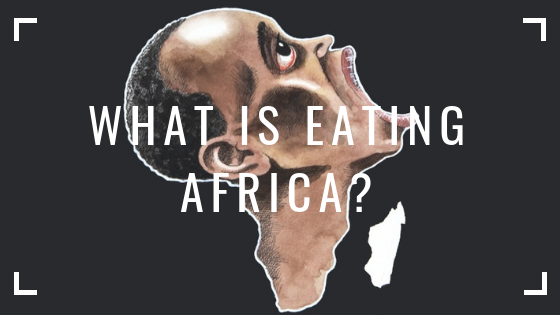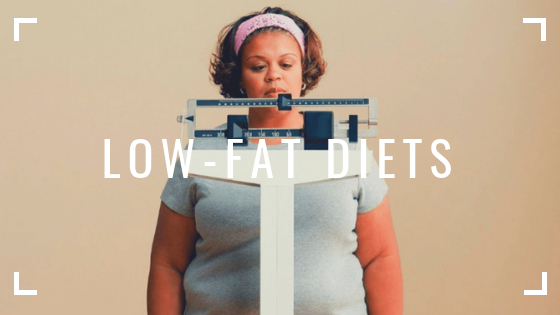The Nairobi I grew up in, in the 80s, is now largely unrecognisable. Fast food eateries have mushroomed in every street corner, seemingly overnight.
Supermarkets are overflowing with processed food. Little kiosks are dotted all over towns and villages in Kenya, selling manufactured food products, such as bread, scones, chapati, mandazi, chips, and of course, sodas. Urbanisation has led to increased uptake of processed foods and a move away from diets rich in fiber and vegetables. Coca-colonisation is visually evident, everywhere.
The issue of what constitutes a healthy diet remains highly disputed. Many Kenyans believe that eating fatty meat contributes to disease. Many more assume fruit intake, and lots of it, is a healthy practice, even for diabetics.
Metabolic diseases like diabetes, cardiovascular disease, and many cancers are crippling healthcare systems all over the world.
If the tide does not turn, these NCDs (non-communicable diseases) will eventually bankrupt nations. The socioeconomic cost is already at catastrophic levels, and this shows no sign of abating. There is an escalating burden of NCDs in low and middle-income countries, including Kenya. NCDs here are rising disproportionately to the rest of the world.
In Kenya, health insurance penetration remains very low, at 4%.
Kenya simply cannot afford to have a diabetes epidemic. Yet, every survey tells us that the tsunami of metabolic disease is gaining momentum. The quality of healthcare offered by the public healthcare sector is poor. The vast majority of Kenyans cannot afford health insurance. Healthcare infrastructure remains unevenly distributed, with private hospitals and medical clinics concentrated in the urban areas. We are a long way away from achieving the healthcare goals outlined in Vision 2030 by the incumbent government.
On average, medication management for diabetes requires about 8%-10% of the average annual income in the public and private sectors. This is financially catastrophic.
Diabetes, and other non-communicable diseases are already bankrupting wealthy nations. These diseases are now what is eating Africa. A continent which, in general, cannot afford to rely on a predominantly pharmaceutical health care model.
We need our health care leaders to understand and propagate the enormous and cost-effective impact of diet and lifestyle changes in sustaining health. Medicines can be helpful in initiating health, but should not be necessary to sustain health. Dietary diseases must, and do have dietary solutions.









